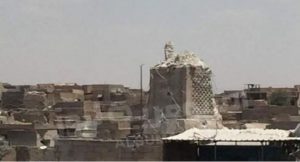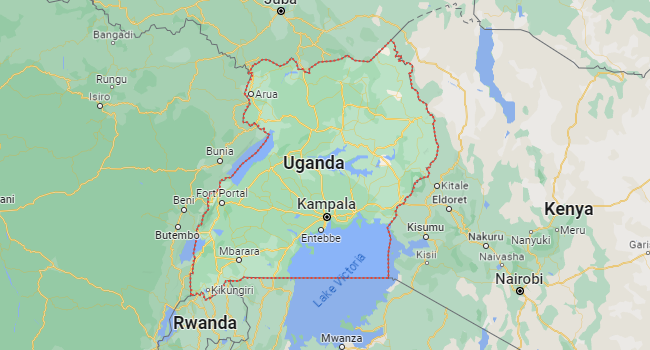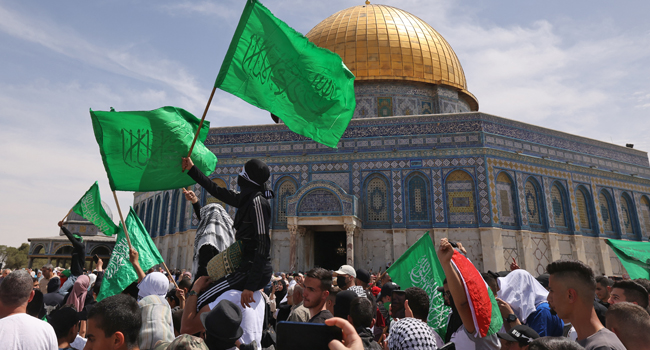
“In the early morning, I climbed up to my house roof and was stunned to see the Hadba minaret had gone,” Nashwan, a day- laborer living in Khazraj neighborhood near the mosque, said by phone. “I felt I had lost a son of mine.”
His words echoed the shock and anger of many over the destruction of the Grand al-Nuri Mosque along with its famous minaret, known affectionately as “the hunchback” by Iraqis.
The demolition came on Wednesday night as Iraqi forces closed on the mosque, which carried enormous symbolic importance for Islamic State. Its leader Abu Bakr al-Baghdadi used it in 2014 to declare a “caliphate” as militants seized swathes of Syria and Iraq.
His black flag had been flying on the 150-foot (45-metre) minaret since June 2014, after Islamic State fighters surged across Iraq, seizing vast swathes of territory.
Russia said on Thursday there was high degree of certainty Baghdadi was now dead, according to RIA news agency. Moscow said last week its forces may have killed him, but Washington could not corroborate and Western and Iraqi officials were skeptical.
Baghdadi has left the fighting in Mosul to local commanders and is believed to be hiding in the border area between Iraq and Syria.
Some analysts said the destruction of the mosque could in fact speed operations to drive Islamic State out of what had been its chief Iraqi stronghold. Prime Minister Haider al-Abadi went further.
“Blowing up the al-Hadba minaret and the al-Nuri mosque amounts to an official acknowledgement of defeat,” he said on his website.
The insurgents chose to blow up the mosque rather than see the flag taken down by U.S.-backed Iraqi forces battling through the maze of narrow alleys and streets of the Old City, the last district still under control of Islamic State in Mosul.
In the dawn light, all that remained was the base projecting from shattered masonry. A video on social media showed the minaret collapsing vertically, throwing up a pall of sand and dust.
Defense analysts agreed the decision to destroy the mosque could indicate that the militants are on the verge of collapse.
“They had said they would fight until their last breath defending the mosque,” Baghdad-based security expert Safaa al-A’sam told Reuters. “The fact is that they are no longer capable of standing in the face of Iraqi government forces.”
The assailants will be freer in their attacks as they don’t have to worry about damaging the mosque anymore, he said.
The minaret was built with seven bands of decorative brickwork in complex geometric patterns also found in Persia and Central Asia. Its tilt and the lack of maintenance made it particularly vulnerable to blasts.
U.S. Army Colonel Ryan Dillon, spokesman for the U.S.-led international coalition assisting in the Iraqi effort to defeat Islamic State, said Iraqi security forces were continuing to push into remaining ISIS-held territory,”




